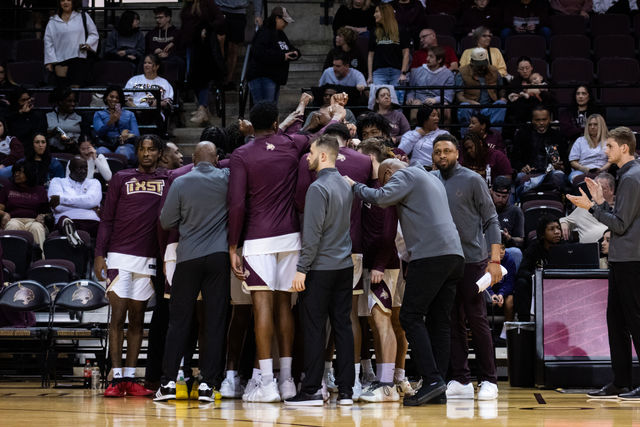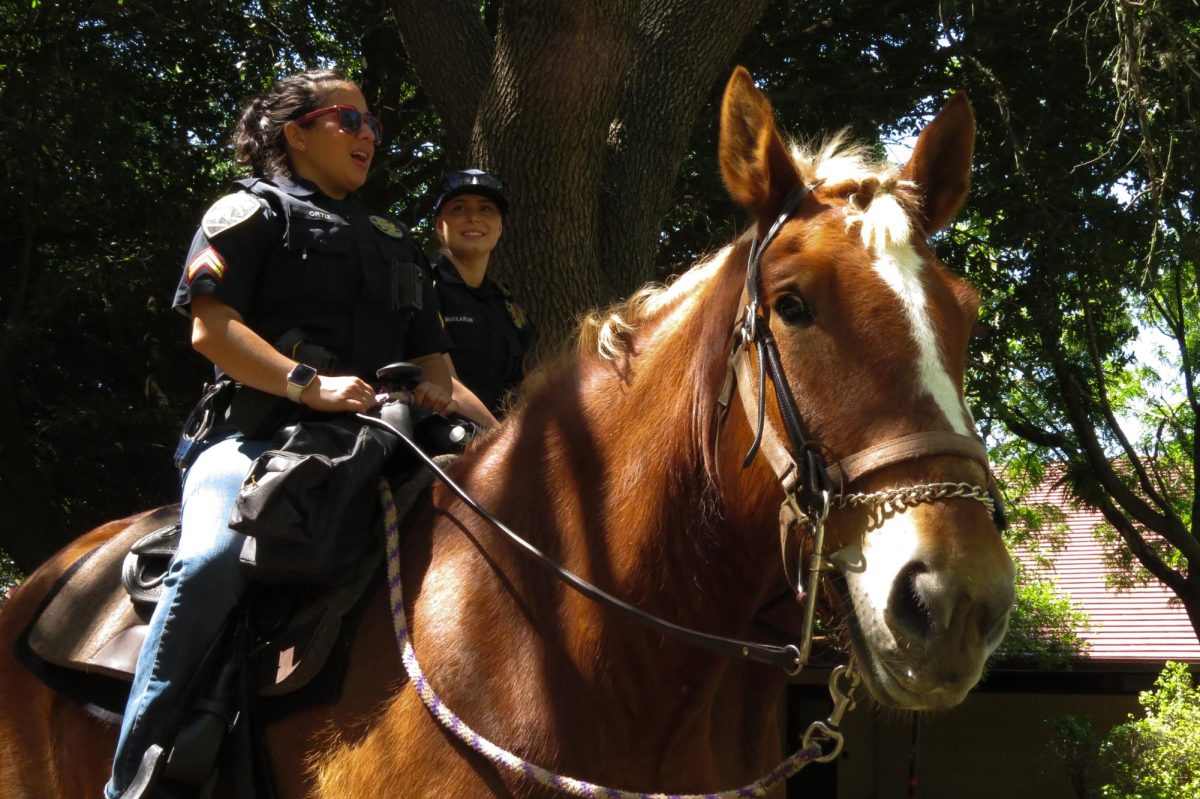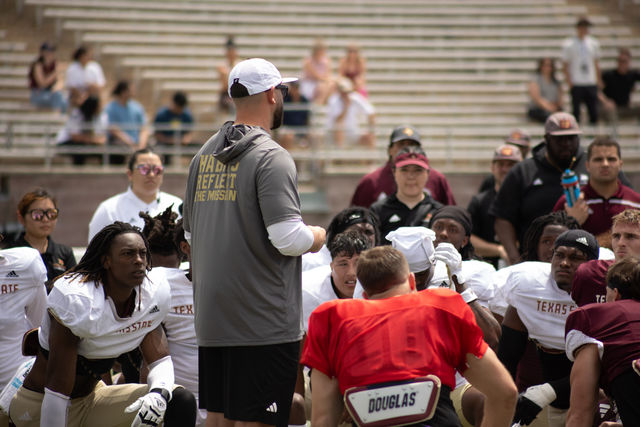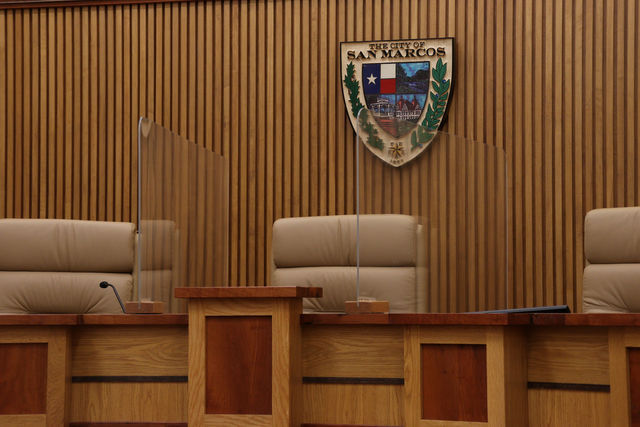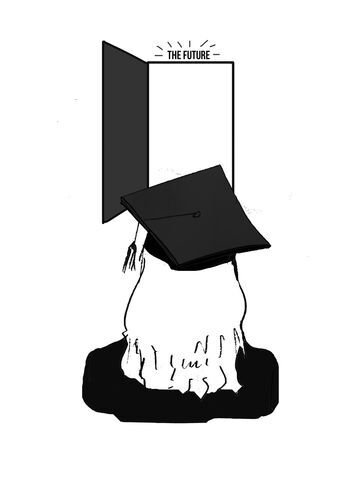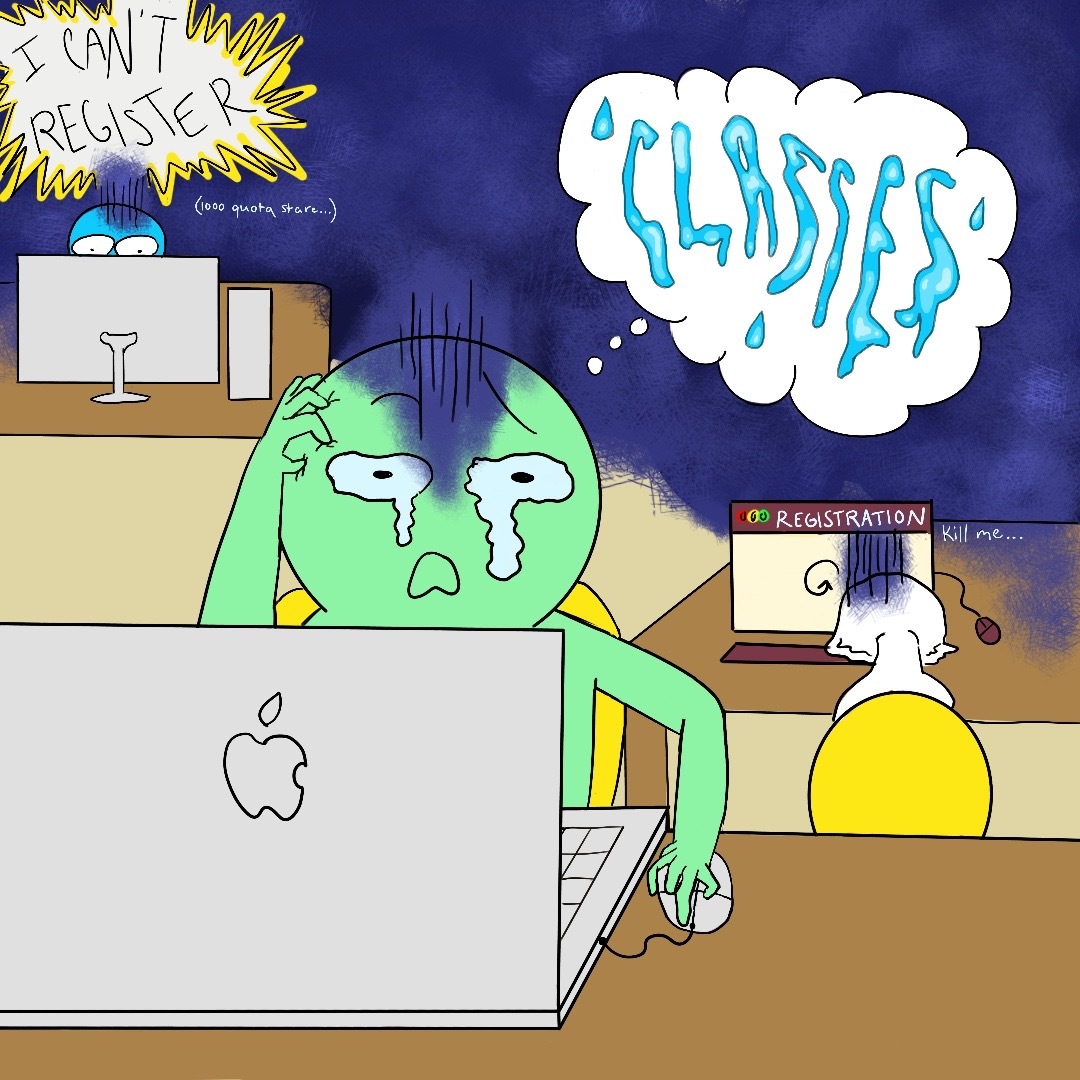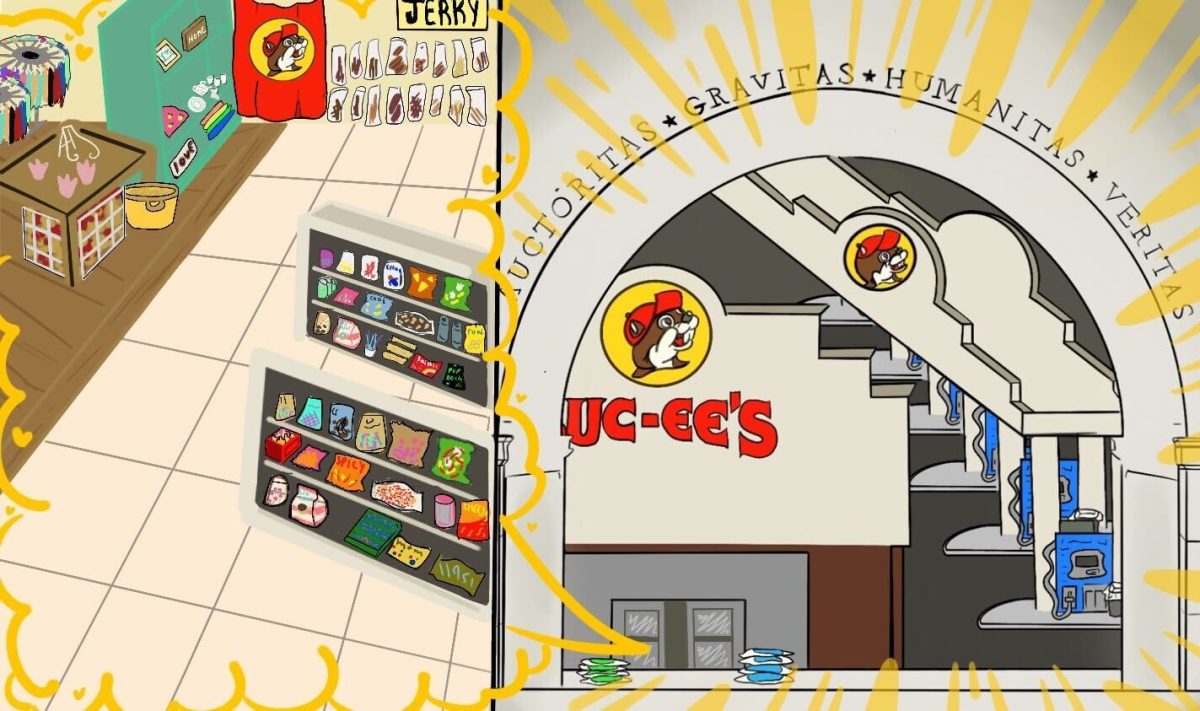“So, what are your plans after graduation?”
A cringe-worthy question every college student approaching graduation is posed. For some, excitement exudes as they pour out plans and prospective jobs lined up as soon as they get their degree. For many others, anxiety and shame surmount as they are reminded once again they have no clue what is to come next. But, is there really any shame in an inability to predict the future?
The American blueprint typically looks something like this: work hard in school to get into a good college, enroll straight into a university after high school and then transition into a career immediately after graduation to continue working until retirement.
“American culture is ‘go, go, go, succeed, succeed, succeed’ – taking a break is seen as a sign of weakness,” says writer Lilit Marcus. “We’re a country permanently in hyperdrive.”
Fresh out of high school, most students have a minimal concept of self and the world around them. Then they enter college, choose a major and a future profession. Some are lucky in that they have been blessed with a particular passion or talent, making the onset of college exciting as they are ready to begin the path of turning dreams into reality.
But there are also students who have no clue what to major in and enter college undeclared. Some came to college set on one career path and after taking a few classes, learned more about themselves and their profession thus changing their minds on what an ideal future looks like. There are even students who came to those same realizations too late and now they are graduating with a degree they do not care for.
These situations are realities for millions of higher education students in this country. Internal and external expectations, forewarning words from university faculty and comparison to peers all create an enormous amount of pressure for college students. This culminates in the idea being that the only proper post-graduation step is entering straight into a career and making something of themselves.
The post-grad experience is typically perceived as a transitional period when it is actually a transformational one. Many twenty-somethings have not yet existed fully outside of the school setting. For the last decade of life, ‘student’ has been the major defining categorization. It is important to take time to rediscover oneself outside of the academic structure, to figure out we are and what we want from life, outside of making good grades or simply passing classes.
A gap year is a common choice for students in European countries transitioning between levels of education or life. Statistics from UCAS show that over 5 percent of accepted university applicants in the U.K. deferred admission for one year in 2012. Statistics in the U.S. pale in comparison, where an estimated 1.2 percent of first-time college freshmen deferred admission in 2011 to take a gap year, according to the Higher Education Research Institute.
A gap year is a semester or year off, traditionally described as a break from academics. Students take time off to seek an enriching experience abroad, or locally, typically interning, teaching, volunteering or learning a new language. Others may simply travel and see the world. This break from schooling is considered beneficial for a number of reasons: adding unique experiences to your resume, recharging your batteries before continuing on in academia, personal growth and discovery, maturity, and gaining life experience.
Societal pressures turn what should be a joyous time to celebrate a major accomplishment into a gloomy moment. Having spent the first two decades of our lives being bred within the education system, the real world is a large and ambiguous concept. A period of uncertainty may not be comforting but the possibility to propel yourself to something greater is. Embrace a period of reflection to define oneself outside the classroom. There is something to be gained from every decision, mistake, and failure. Appreciate being given the opportunity to personalize this conversion period and own it.
– Temi Ikudayisi is a public relations senior

